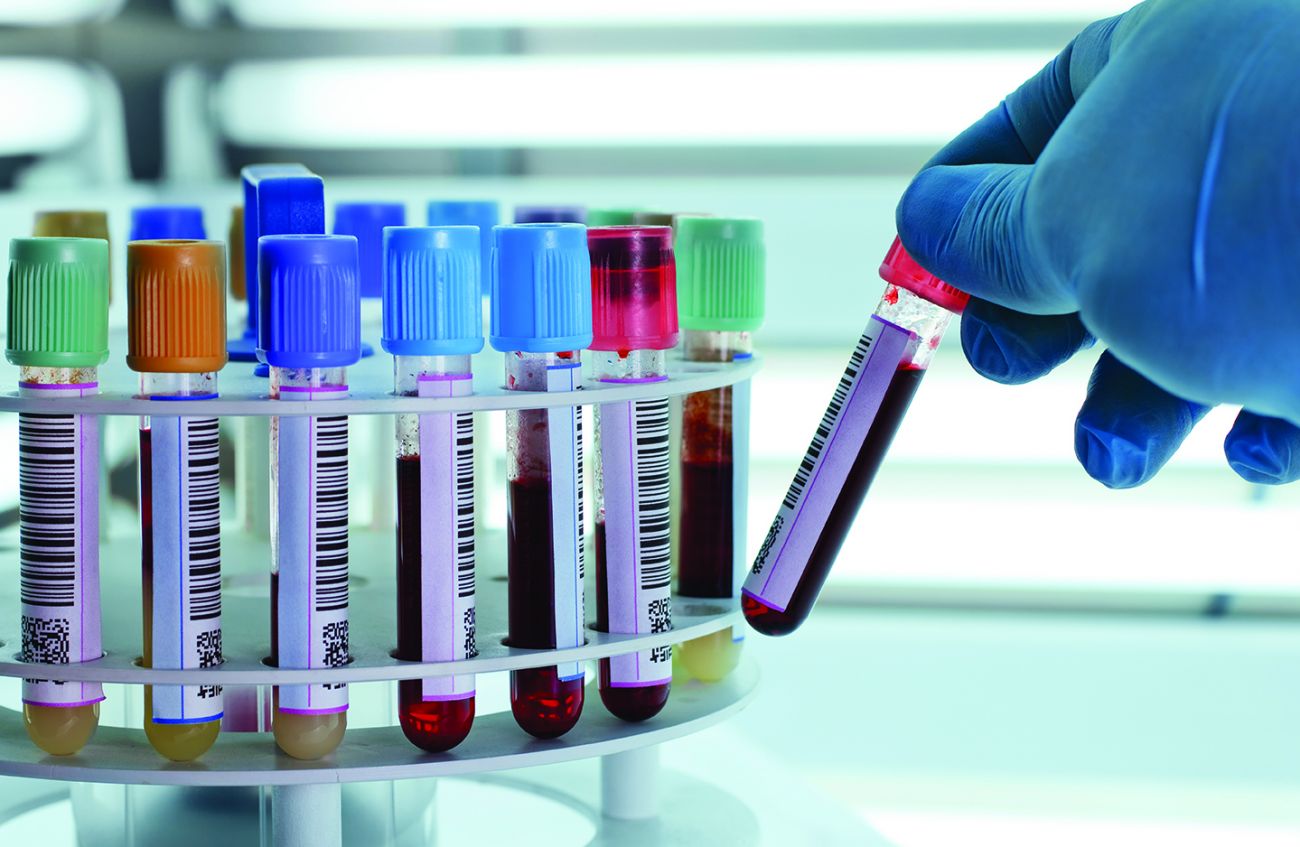If you are a cancer patient or survivor, you've most likely become accustomed to frequent visits to a phlebotomist, or a specialist trained in drawing your blood for testing. But what is all that blood work for? What exactly is your cancer care team looking at?
There are many components in blood, and blood tests provide a wealth of information about your health. Blood contains red blood cells (RBCs), white blood cells (WBCs), and platelets (PLTs), all of which are made in your bone marrow and plasma.
Red blood cells, called erythrocytes, contain hemoglobin, the protein that carries oxygen to your cells. They live about three months, and your body replaces them as they die. Under normal circumstances, RBCs make up 40%-45% of your blood. Anemia results if you have too few RBCs, or if your RBCs are not working properly.
White blood cells, called leukocytes, are part of the body’s immune system. They respond to fight off infections and prevent illness. WBCs usually live only few days, so your bone marrow continually makes new ones. There are five basic types of WBCs, but 60-70% of them are neutrophils. When your neutrophil count is low (neutropenia), you are at higher risk of infection because your immune system is weaker. Some level of neutropenia is a common condition during cancer treatment.
Platelets, called thrombocytes, are essential for normal blood clotting. Once released into the bloodstream, they live about 8-10 days. Checking your platelet count often is important because a high platelet count may put you at risk of developing blood clots. If your platelet count is very low, you are at risk for bleeding.
Plasma, the liquid part of blood, carries nutrients to cells and carries away the waste products.
Many people wonder why blood tests are done so often. Depending on the test, your health care team can monitor your condition and check:
- how well your treatments are working
- the effects of your medications
- the quantity of the each type of blood cell
- if your blood is clotting normally
- the levels of electrolytes, minerals, hormones, oxygen, and carbon dioxide in your blood
- for infection
- how well your organs and systems are working
Common Blood Tests
A Complete Metabolic Panel (CMP) includes 14 tests that measure electrolytes, proteins, liver enzymes, and kidney waste products. A Complete Blood Count (CBC) counts your blood cells and platelets. Some treatments affect the bone marrow’s ability to make new cells and platelets. If your treatment causes bone marrow suppression, it is very common for your blood counts to drop. There are medications that encourage your bone marrow to make more blood cells. A WBC differential measures the amount of each type of WBC in the blood, and it can reveal abnormal or immature cells. Clotting studies (PT/INR and APTT) measure the ability and time necessary for your blood to clot. They also monitor your response to anticoagulation medications such as warfarin and heparin. The coagulation process is a series of reactions that involves activating clotting factors in the blood. There must be a sufficient amount of each factor, working properly, for normal clotting to occur. Too little of these factors can lead to excessive bleeding, and too much may lead to excessive clotting.
For more information on blood tests, including normal ranges and causes of low and high results, please ask your healthcare provider. Roswell Park patients should ask for a copy of our brochure, Understanding Your Blood Tests, available from the Roswell Park Patient Education Department.
